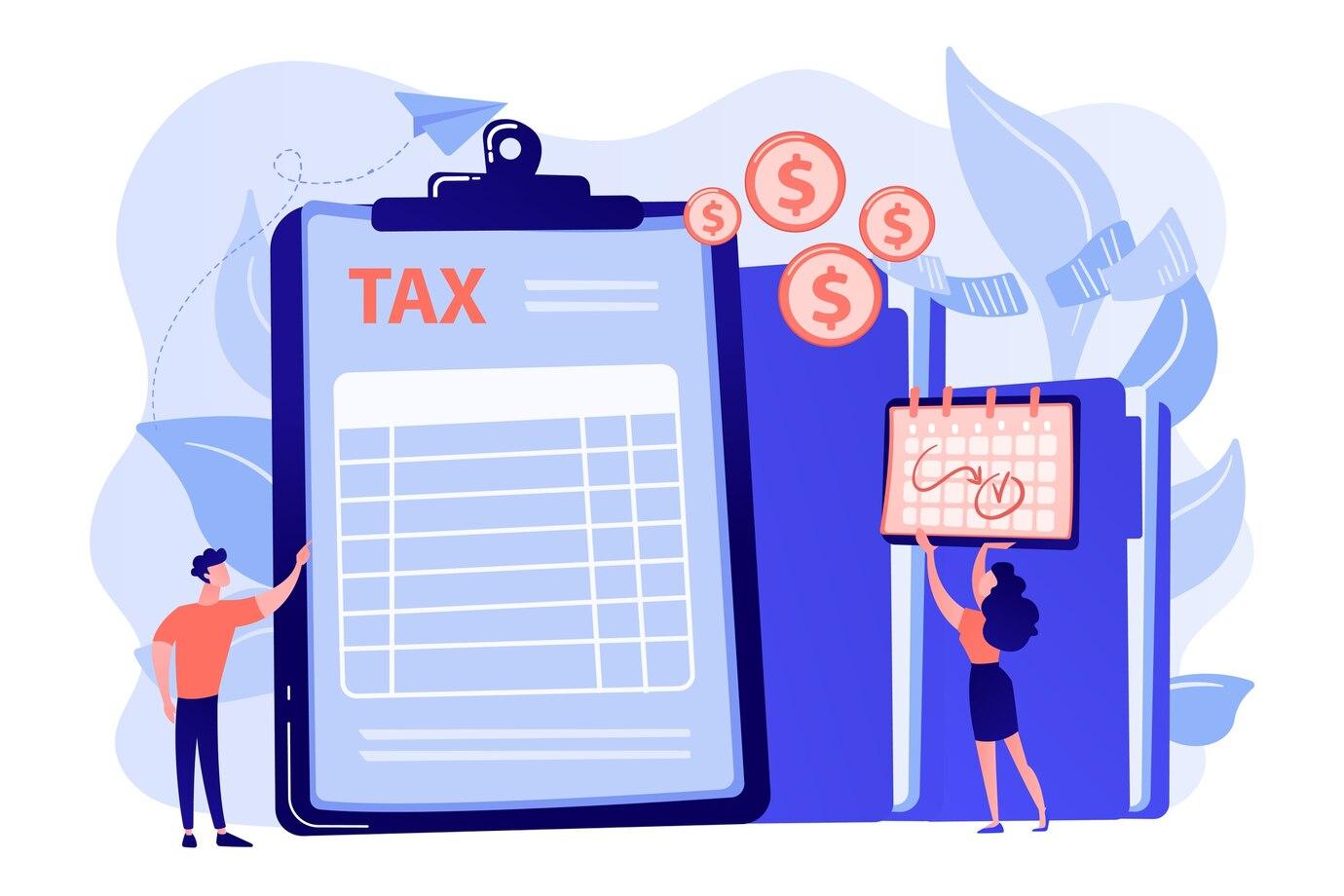In the modern world of tax services, there are many legitimate companies offering assistance in tax returns, but alongside them, a multitude of scammers arises, aiming to take advantage of citizens' unawareness. Fake tax return agencies create difficulties for both individual taxpayers and businesses.
Tax Return Fraud
Tax return fraud schemes are diverse, but they are based on one common idea — to deceive the client to obtain their personal data and financial resources. Scammers may pose as tax consultants or agencies that promise an "easy" refund.
One popular example of fraud is an "agency" that promises to return taxes with significant discounts compared to regular rates. Such an offer may seem beneficial, but an unrealistically low price should raise suspicion. Another example is consultants who demand prepayment, supposedly to speed up the refund process. However, after receiving the money, they simply disappear.
Fraud often manifests in manipulations with personal data: scammers may offer to fill out a form for tax reimbursement, while actually collecting data for further use in fraudulent schemes.

Fraud with Tax Agencies
Fraud with tax agencies can take various forms. Some companies may use complex terminology and legal nuances to convince clients of their reliability. Clients may find themselves in situations where they pay significant money for services that actually bring no results. There are also cases where fake agencies use logos and names of well-known firms to create an appearance of legitimacy.
The first thing you can do is thoroughly check the information. Check the company's registration and its licenses, as well as any reviews and ratings. If companies make unrealistic promises (for example, guaranteed tax returns), this should raise suspicion. Also, do not trust companies that require prepayment without providing a clear description of their services.
VAT Refund Scams
Value-added tax (VAT) is one of the most "profitable" areas for scammers. Schemes often involve the possibility of illegal VAT refunds based on fake documents. Scammers offer assistance in processing fake invoices and receipts, which can lead to serious legal consequences for the client.
Such scams can have far-reaching consequences for businesses. In case of fraud detection, companies may be held liable, leading not only to financial losses but also to reputational damage. Even if your company was not directly involved in fraudulent schemes, it may be among those subjected to inspections by tax authorities.

Fake Tax Consultations
Fake tax consultations can have serious financial consequences. Fraudulent companies may offer services that look attractive but in reality have nothing to do with legitimate assistance. They may use information about tax benefits but ultimately do not fulfill their promises.
These consultations often exhibit the following signs: use of promotion through social media with aggressive marketing, lack of information about the team of specialists, and legal insecurity. Often such companies operate on high commissions without providing visible results.
Tax Refund Scams from Abroad
Scams related to tax refunds from abroad are becoming more common. Scammers may promise clients an easy refund of taxes paid in another country and present themselves as experts in international tax rules. They may use their own overpayment schemes to obtain funds.
To avoid such situations, it is important to understand that tax refunds from abroad usually require detailed verification and a process that can take a long time. Before signing any documents or providing personal data, it is worth carefully examining the company's reputation and thoroughly studying the terms of cooperation.

How to Check a Tax Consultant
Proper verification of a tax consultant can protect you from financial losses. There are several key points to pay attention to when choosing a consultant.
A license is an important document that confirms the legitimacy of a consultant's activities. In each country, there are registration requirements for tax consultants, so be sure to ensure that your consultant complies with all necessary regulations.
Discussions and reviews from other clients can help understand how reliable a consultant is. Before making a decision, it is worth spending time studying review sites and communicating with other businesses or individuals who might share their experiences.
On the other hand, if a consultant demands large sums of money upfront without providing a clear work plan, this should be a signal of potential fraud. Usually, the imposition of services, as well as aggressive advertising, directly indicates that the recruiter may have intentions to extort money.
Accounting Scammers
Accounting scammers are a category of fraudsters who use accounting knowledge for their interests. They may provide fake reports, manipulate data, or even use someone else's data for their criminal schemes.
The most common schemes include manipulation with transactions, falsification of tax returns, and embezzlement of funds. They may approach their victims with offers of "tax optimization," which in reality is nothing more than an element of fraud.

Tax Payment Scams
Tax payment scams represent a potential financial loss for many taxpayers. These schemes cover a wide range of unlawful activities, including fake tax refund claims and manipulation with personal data.
To avoid such problems, it is necessary to monitor your financial information and be cautious when dealing with unknown companies. Ensure that your finances are under control and always keep all documents up to date.
Fake tax return agencies pose a serious threat to both individual users and businesses. Knowledge of fraud forms, as well as the ability to verify tax consultants, can significantly reduce the risk of becoming a victim of scammers.
